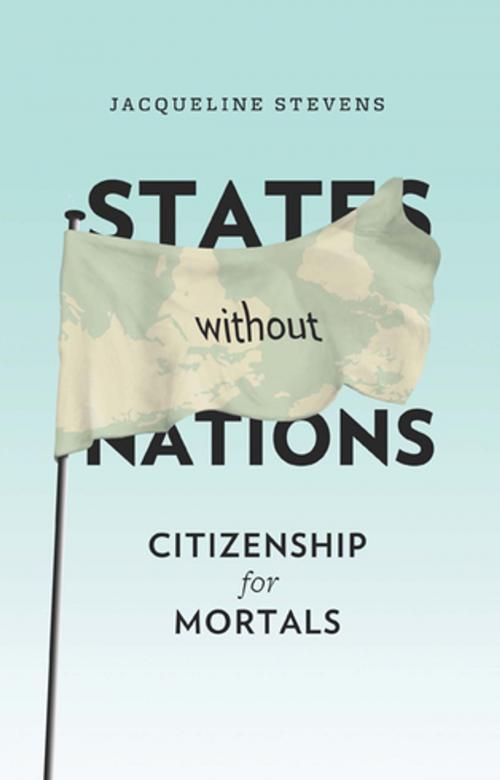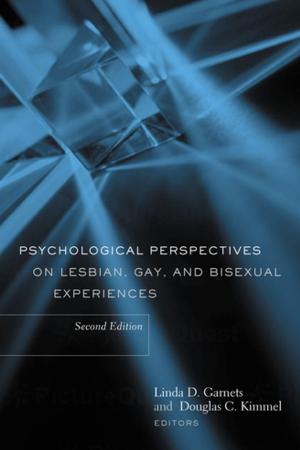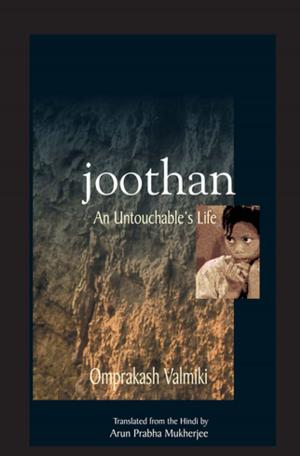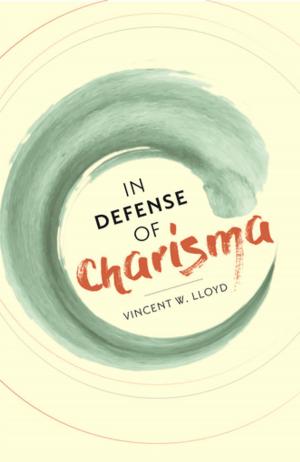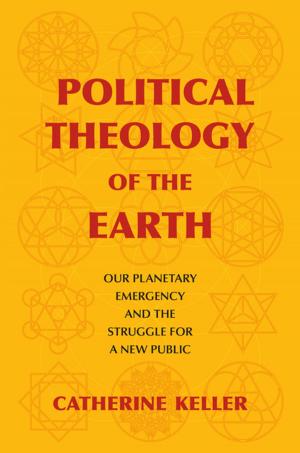States Without Nations
Citizenship for Mortals
Nonfiction, Health & Well Being, Psychology, Social Psychology, Religion & Spirituality, Philosophy, Political| Author: | Jacqueline Stevens | ISBN: | 9780231520218 |
| Publisher: | Columbia University Press | Publication: | November 17, 2009 |
| Imprint: | Columbia University Press | Language: | English |
| Author: | Jacqueline Stevens |
| ISBN: | 9780231520218 |
| Publisher: | Columbia University Press |
| Publication: | November 17, 2009 |
| Imprint: | Columbia University Press |
| Language: | English |
As citizens, we hold certain truths to be self-evident: that the rights to own land, marry, inherit property, and especially to assume birthright citizenship should be guaranteed by the state. The laws promoting these rights appear not only to preserve our liberty but to guarantee society remains just. Yet considering how much violence and inequality results from these legal mandates, Jacqueline Stevens asks whether we might be making the wrong assumptions. Would a world without such laws be more just?
Arguing that the core laws of the nation-state are more about a fear of death than a desire for freedom, Jacqueline Stevens imagines a world in which birthright citizenship, family inheritance, state-sanctioned marriage, and private land ownership are eliminated. Would chaos be the result? Drawing on political theory and history and incorporating contemporary social and economic data, she brilliantly critiques our sentimental attachments to birthright citizenship, inheritance, and marriage and highlights their harmful outcomes, including war, global apartheid, destitution, family misery, and environmental damage. It might be hard to imagine countries without the rules of membership and ownership that have come to define them, but as Stevens shows, conjuring new ways of reconciling our laws with the condition of mortality reveals the flaws of our present institutions and inspires hope for moving beyond them.
As citizens, we hold certain truths to be self-evident: that the rights to own land, marry, inherit property, and especially to assume birthright citizenship should be guaranteed by the state. The laws promoting these rights appear not only to preserve our liberty but to guarantee society remains just. Yet considering how much violence and inequality results from these legal mandates, Jacqueline Stevens asks whether we might be making the wrong assumptions. Would a world without such laws be more just?
Arguing that the core laws of the nation-state are more about a fear of death than a desire for freedom, Jacqueline Stevens imagines a world in which birthright citizenship, family inheritance, state-sanctioned marriage, and private land ownership are eliminated. Would chaos be the result? Drawing on political theory and history and incorporating contemporary social and economic data, she brilliantly critiques our sentimental attachments to birthright citizenship, inheritance, and marriage and highlights their harmful outcomes, including war, global apartheid, destitution, family misery, and environmental damage. It might be hard to imagine countries without the rules of membership and ownership that have come to define them, but as Stevens shows, conjuring new ways of reconciling our laws with the condition of mortality reveals the flaws of our present institutions and inspires hope for moving beyond them.
